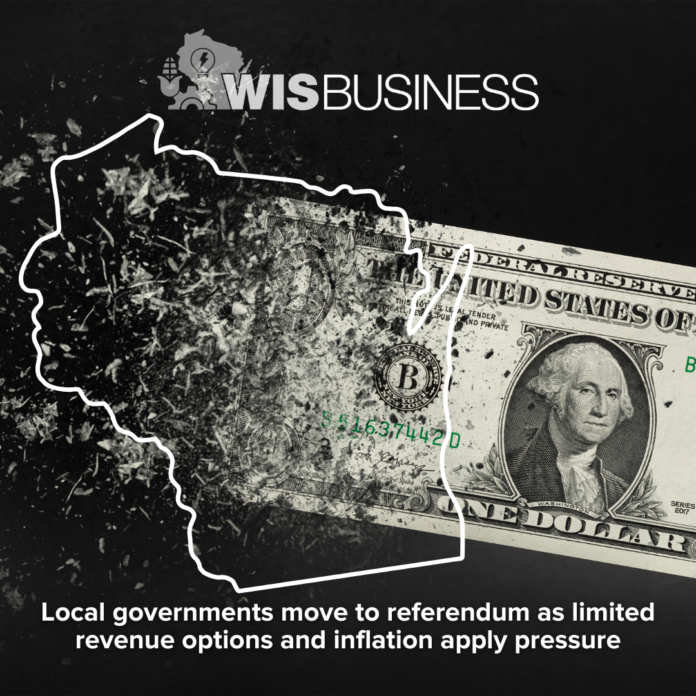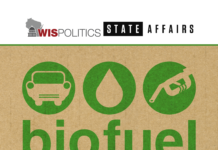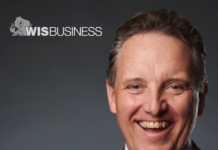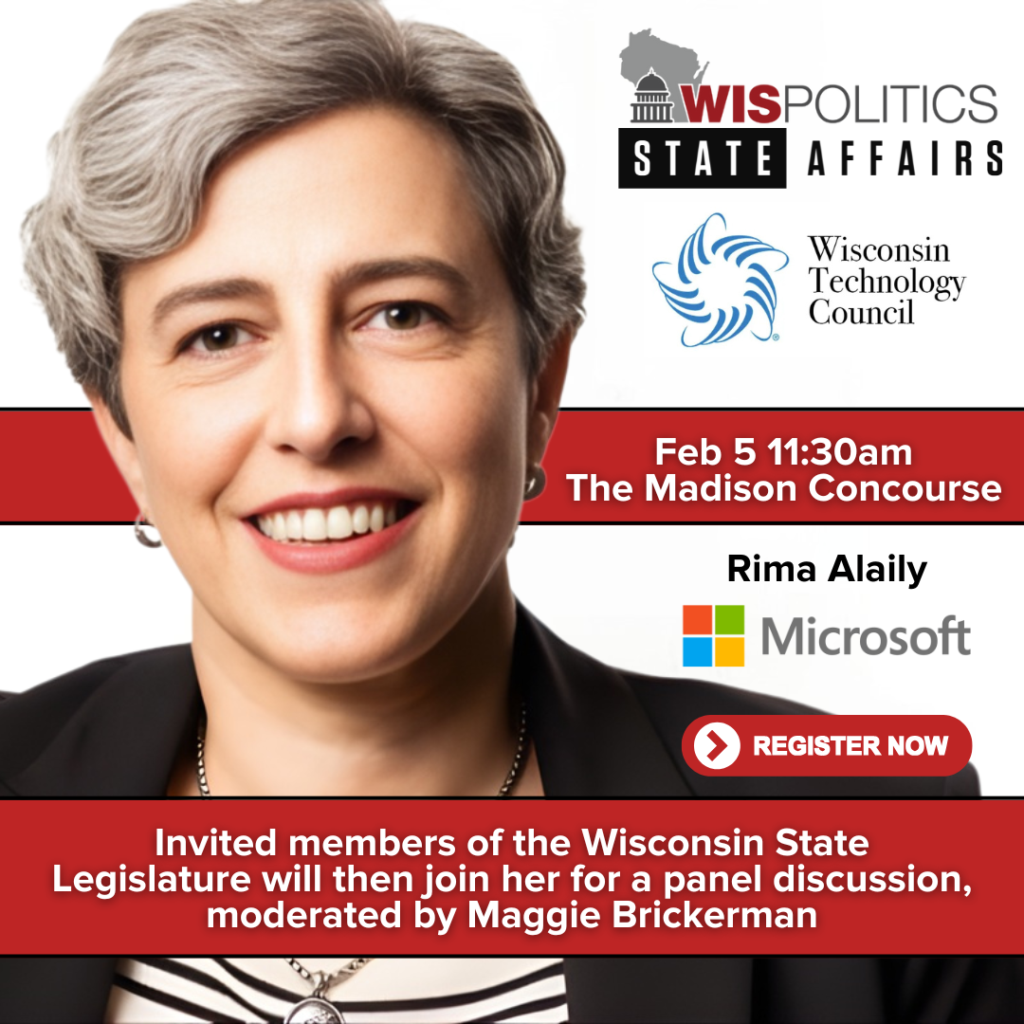Net new construction growth, decades of limited shared revenue funding, minimal new local tax options and inflation are driving communities toward referendums, according to the Wisconsin Policy Forum.
Wisconsin Policy Forum President Jason Stein during a virtual event with local leaders said only 23 municipalities out of the more than 1,800 statewide went to referendum in 2024, but noted several of them were fairly large communities with significant budgets. For example, communities such as Madison, Oconomowoc and Marshfield increased property taxes through referendums.
New revenue from property taxes is limited by state law to the annual increase in property values due to net new construction, which is typically just over 1.5% in most communities, Stein said.
Inflation over the last few years has significantly outpaced that number, putting pressure on local governments, which generally need to include in their budgets cost of living increases for their staff.
And while many local governments saw significant increases in shared revenue last year due to Act 12, the biggest bumps mostly went to communities with small populations and low property values.
Local governments are also limited in how they can generate new revenue streams to a small number of options, such as local wheel taxes. They can’t just increase their local sales taxes or income tax without state approval.
Those factors have put local government leaders in a bind, forcing some, such as Stevens Point Mayor Mike Wiza, to go to referendum.
“The simple answer is, we’re running out of options,” he said during the event. “With state shared revenue traditionally declining, costs of everything going up … it gets tougher and tougher every single year.”
Stevens Point last year asked voters to hire new fire fighters, a referendum that passed.
Wiza argued the shared revenue formula should be changed to “reward the communities that are really doing well on providing the services without wasteful spending, and not put so much emphasis on that growth.”
This year is also the sixth in a row Stevens Point’s budget has had no increase at all in its operational budget “because everything that we have is being diverted to some of the rising costs that we have to deal with,” Wiza said.
The Madison suburb of Monona last year passed a referendum to raise its levy by about 30%, $3 million, each year, by just 32 votes out of roughly 9,000 residents. Monona Mayor Nancy Moore said the city “just ran out of runway.”
Tying property tax revenue growth to net new construction is tough on Monona because the city has little room to grow without demolishing existing buildings.
“When you’re doing inflow construction, it’s a lot more expensive, and it takes a lot more time,” she said. “So we have some years where we’re certainly developing and redeveloping, but we actually end up with a net figure that’s negative rather than positive.”
St. Croix County Administrator Ken Witt credited Act 12 funding for helping his county pass a referendum last year to add about $900,000 to the budget to hire eight new public safety-related positions. The county in 2023 asked voters for $3.5 million to hire 24 positions, but the shared revenue bump in 2024 paid for most of them, he said.
Witt also said his county is doing “ok” under the current shared revenue formula due to its net new construction growth and one of the fastest growing populations in the state.
“We’re able to continue to grow, whereas I know a lot of my peer counties are not able to do that,” he said. “We’re very fortunate here. But we’re barely getting by, and we’re at the top, so.”Watch the event.







